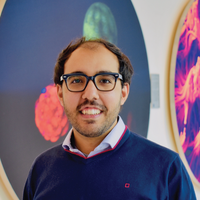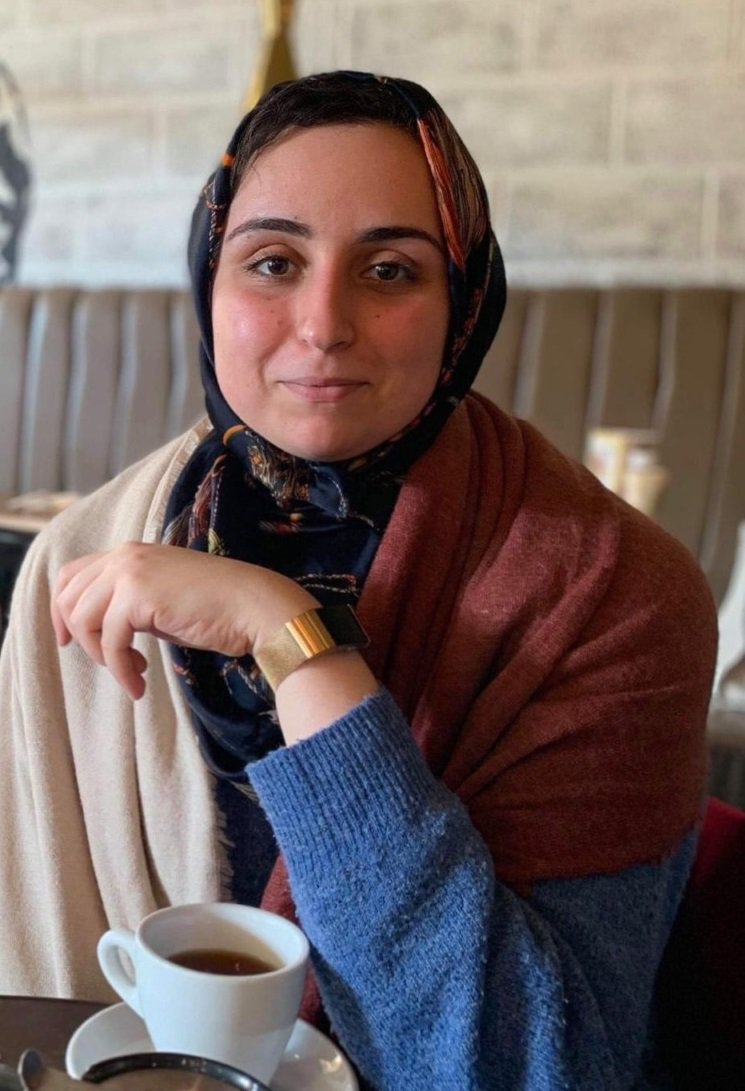Biotechnology & medicine
Aya Elghajiji
Using large area electrodes to study the behavior of human cancer cells.

China
Yan Tan
Achieving the alleviation or treatment of diseases through microbiome treatment

China
Renhong Yan
Revealing the moment the virus hijacked the human cells

MENA
Khalil Ramadi
Electronic pills to treat brain, gut, and immune disorders.

Global
Leila Pirhaji
She developed an AI-based system that can identify more small molecules in a patient’s body, faster than ever before.
